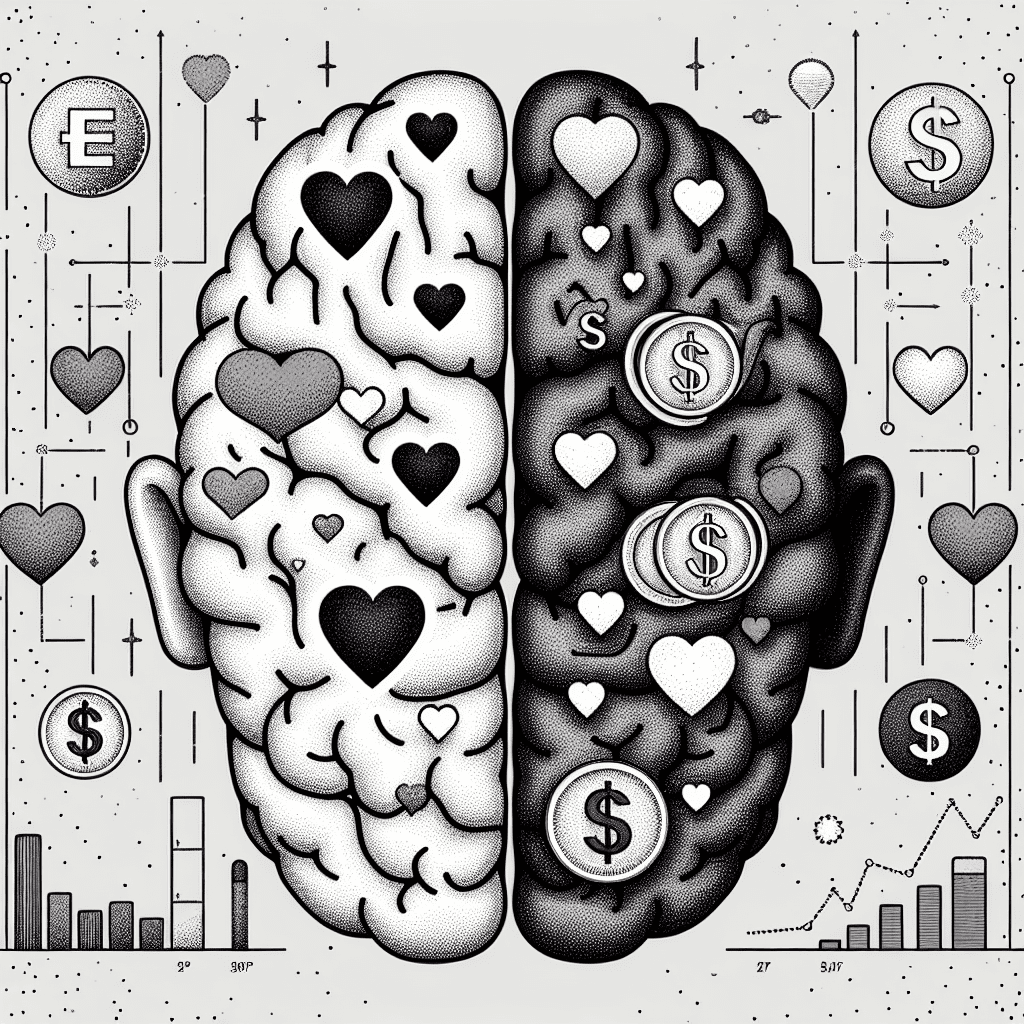Introduction Ever wondered how your financial status or perceptions of your romantic relationship might influence your mental health? You’re not alone. The intricate dance between our relationships, financial conditions, and mental well-being is a hot topic among psychologists. Recent research has begun to shed light on the associations of nuptiality perceptions (how we view our […]
Category: Research and analysis methods
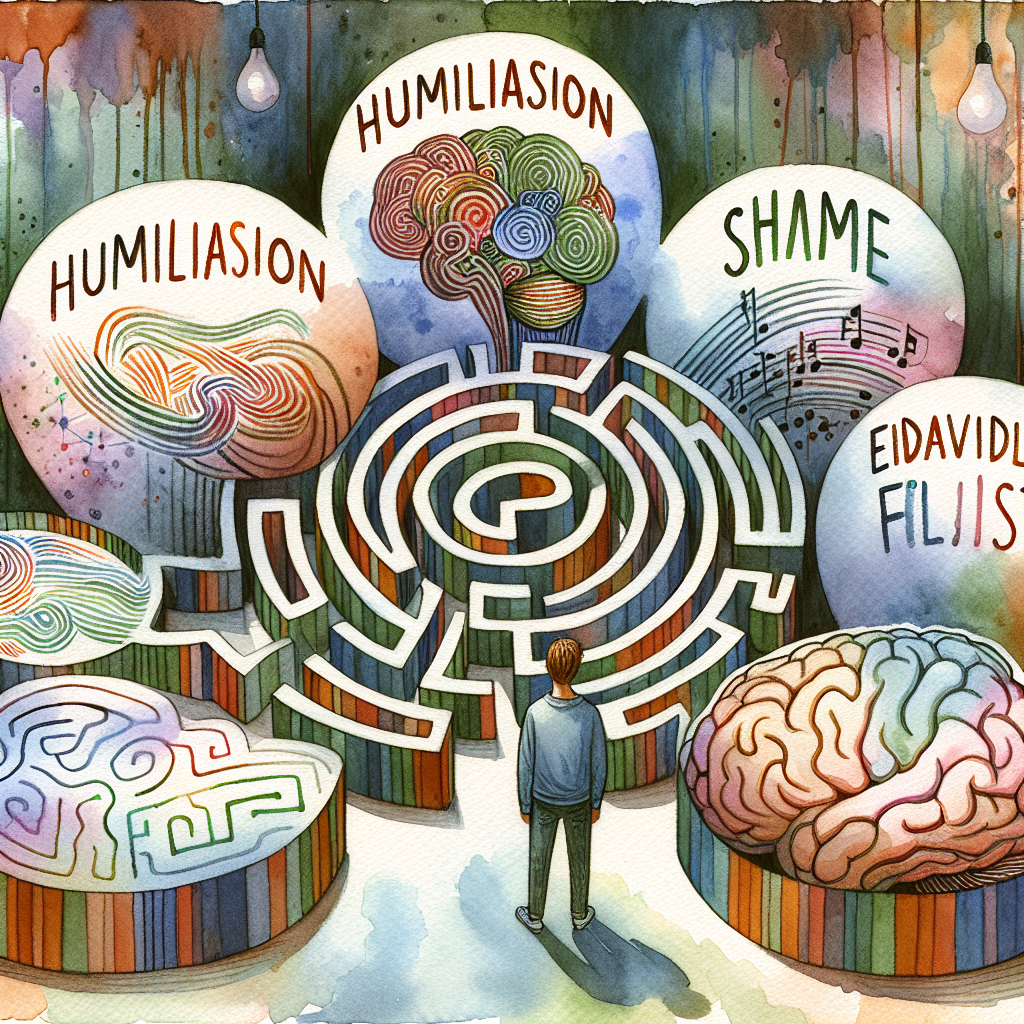
Exploring the Emotional Storm: The Role of Humiliation and Shame in Adolescent Mental Health
Introduction: Enter the Emotional Maze Picture this: You’re a teenager navigating a labyrinth of social dynamics, figuring out who you are amidst peer pressure and self-doubt. This journey is more than just a rite of passage; it’s a complex emotional maze where feelings like humiliation and shame can act as formidable obstacles. Reflecting on the […]

Embracing Calm: How Relaxation During Pregnancy Transforms Lives
Introduction: Journey to Tranquility Imagine the journey of pregnancy as a beautiful, yet challenging hike up a mountain trail. Along this path, expectant mothers often encounter obstacles like stress, anxiety, and worry about the well-being of their future child. These emotional upheavals can transform what should be an exhilarating adventure into an uphill climb. However, […]
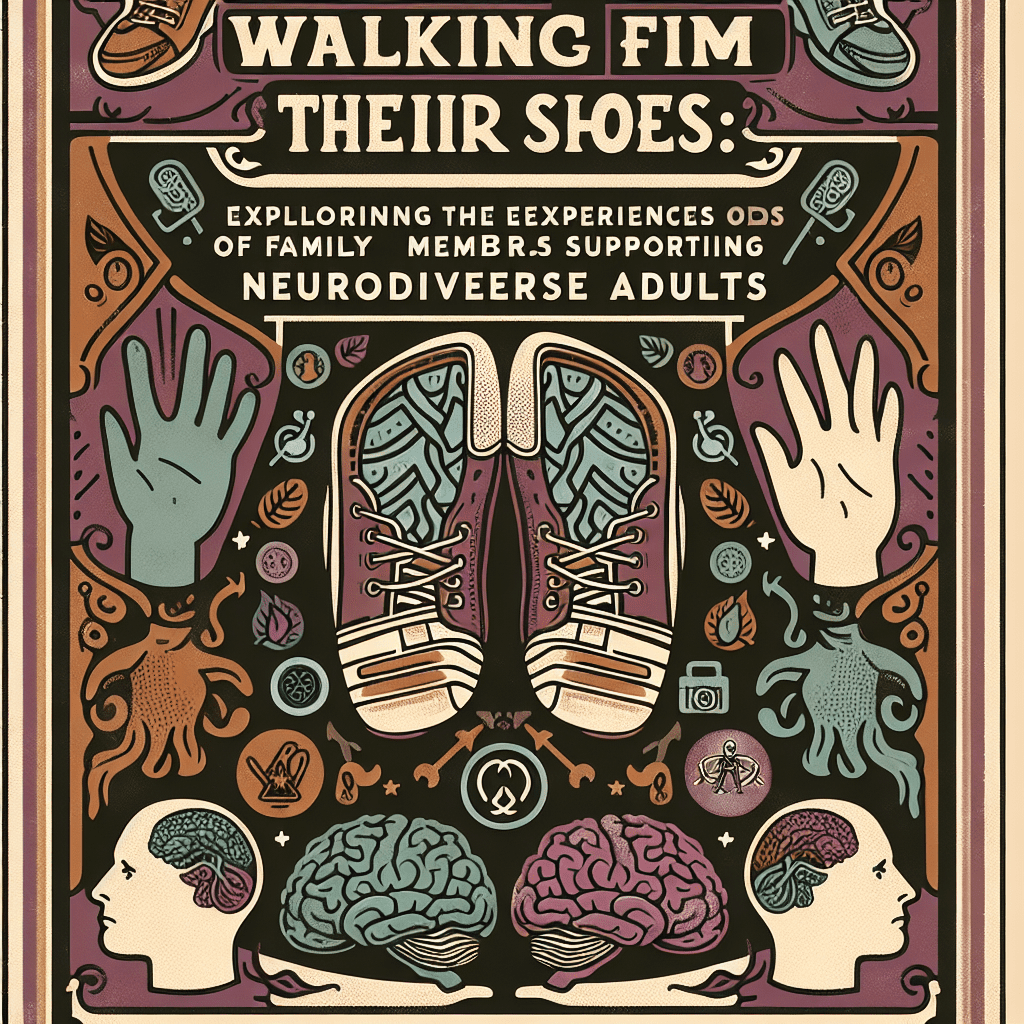
Walking in Their Shoes: Understanding the Lived Experiences of Relatives of Autistic Adults**
Introduction Imagine a life filled with transitions routinely reshaping the landscape of your world. Now, picture sharing this journey with a loved one who has autism, a condition shaping the experiences of over 7 million families. It’s a path with unique challenges and triumphs, saturated with the complexity of emotions and decisions. The research paper […]
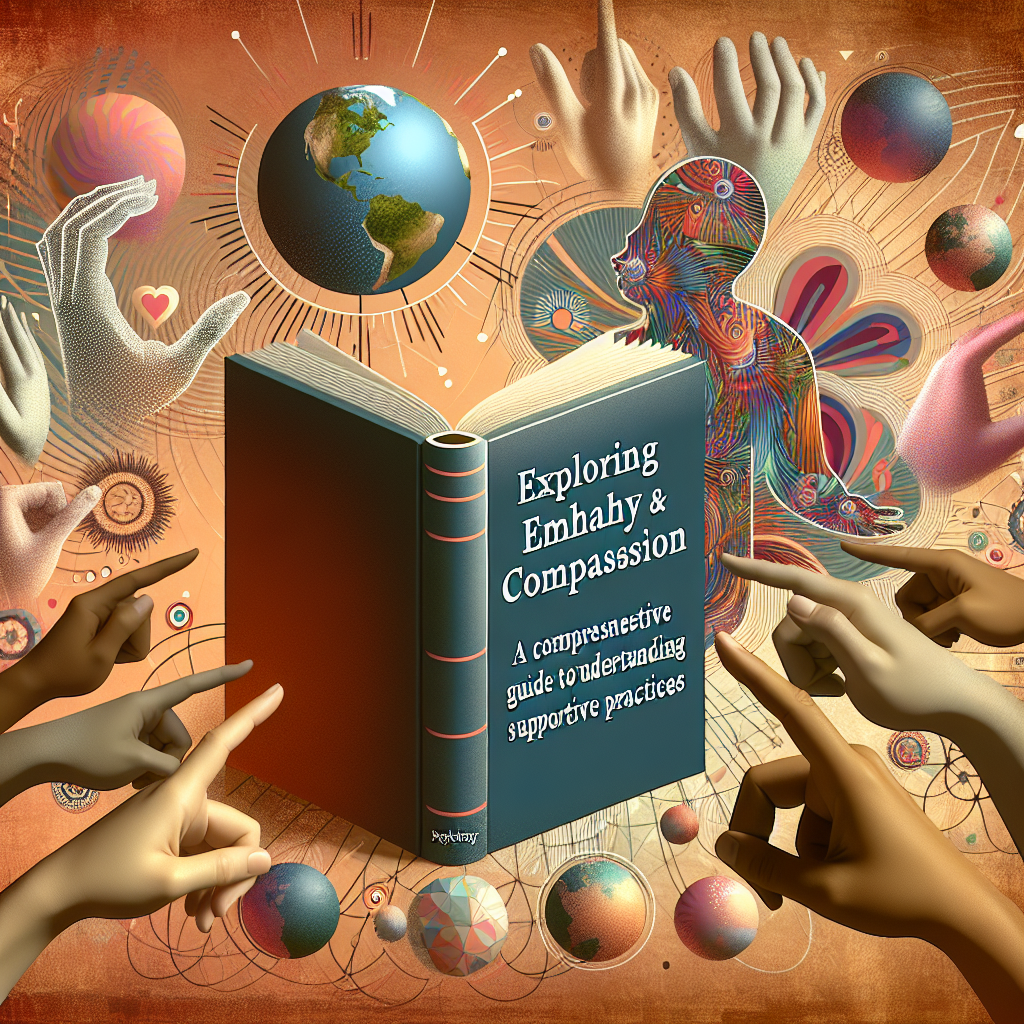
Exploring Empathy and Compassion: Your Guide to Understanding Measures
Introduction: The Heartbeat of Human Connection Think about the time you felt a friend’s sorrow, as if their pain was your own, or when you were moved to help a stranger in need. These moments are driven by two profound human qualities: empathy and compassion. They are the silent forces that bind us together, nurture […]

Redefining Neuro-Assessment: A New Lens on Childhood Neurodiversity
Introduction: A New Dawn in Autism Assessment Imagine walking into a bustling café where each table is filled with a unique symphony of sounds and conversations. This tapestry of diverse interactions could metaphorically represent the inner workings of children’s minds being evaluated for autism spectrum disorder (ASD). In recent years, there’s been a shift in […]

Bridging Minds: Unveiling the Power of Online Therapy for Brain Injury Recovery
Introduction: Navigating the Landscape of Mind and Emotion Imagine waking up in a world where understanding others’ emotions feels like deciphering an alien language. For many patients with traumatic brain injury (TBI), this scenario is all too real. These individuals often grapple with social cognition impairments, where processes such as emotion recognition and theory of […]
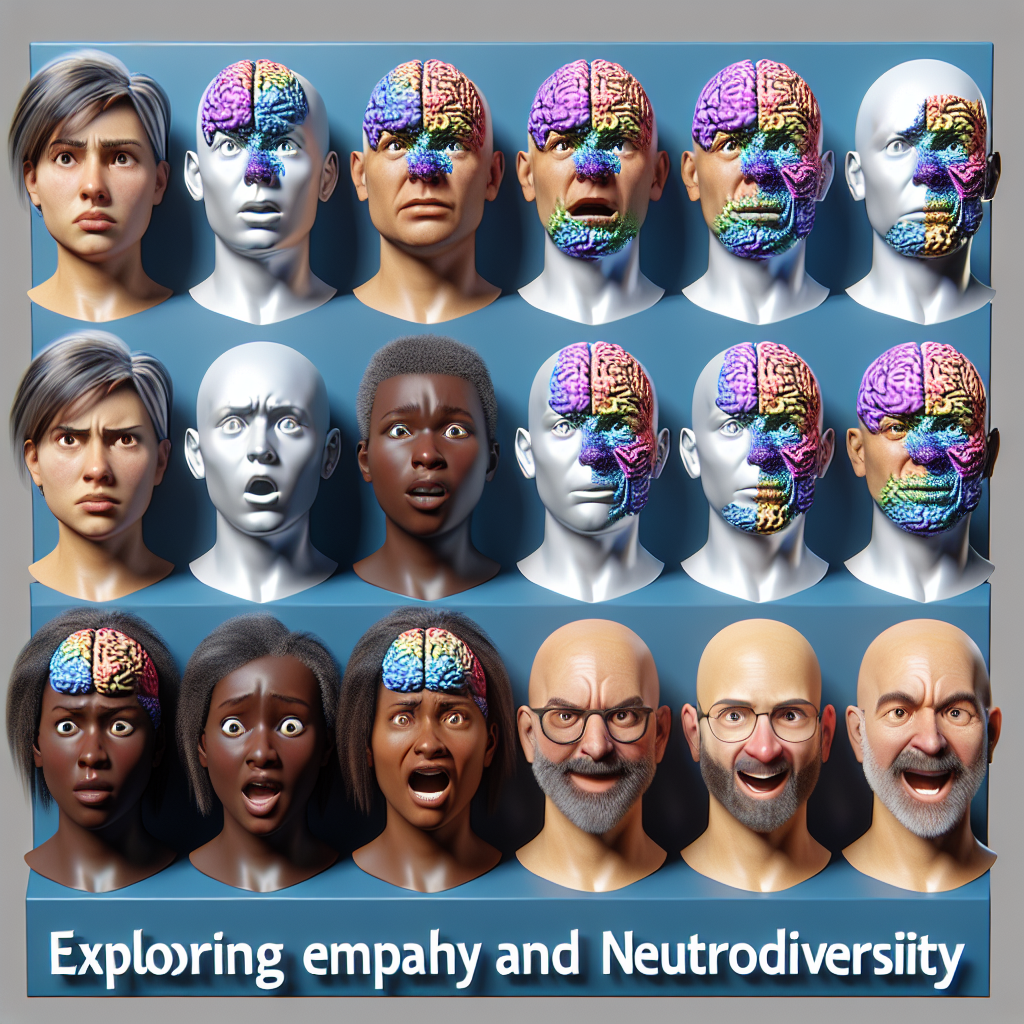
Exploring Empathy and Autism: How Our Traits Shape Emotional and Facial Reactions
Introduction Imagine you are watching a friend burst into laughter; instinctively, a smile may creep onto your face. This unintentional mimicry, where emotions spread from one person to another, is a fascinating aspect of human interaction. But why do some people seem to share emotions more readily than others? The answer might lie in our […]

The Transformative Bond: How Service Dogs Enhance Lives of Children with ASD and Their Families
Introduction Imagine a life where every interaction is a puzzle, where every sound and light feels like a tidal wave crashing into your senses. For many children with Autism Spectrum Disorder (ASD), this is their daily existence. Now, picture introducing a calm, furry companion—a service dog—into this scenario. According to recent research published in “Effects […]

The Brain’s Language Symphony: How Gamma Power Conducts the Read-Aloud Orchestra
Introduction Picture yourself trying to read a captivating novel, but the words seem to dance around the page, elusive and chaotic. For many children with reading disorders, this frustrating experience is a daily reality. But what if we could unlock the mysteries of the brain to better understand these challenges? Enter the intriguing realm of […]
